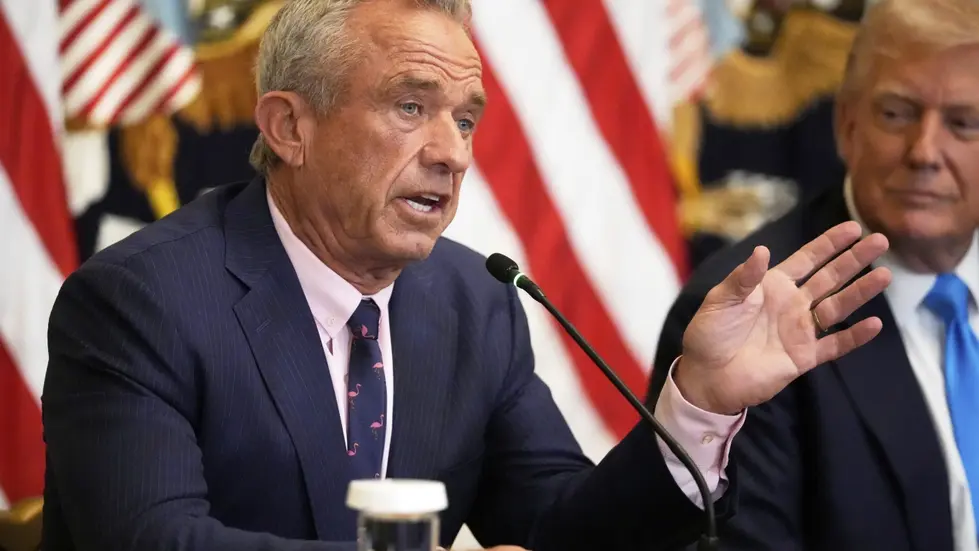T4K3.news
Kennedy mRNA funding cut raises national security concerns
The decision to halt mRNA vaccine development could impact future pandemic readiness and national security.
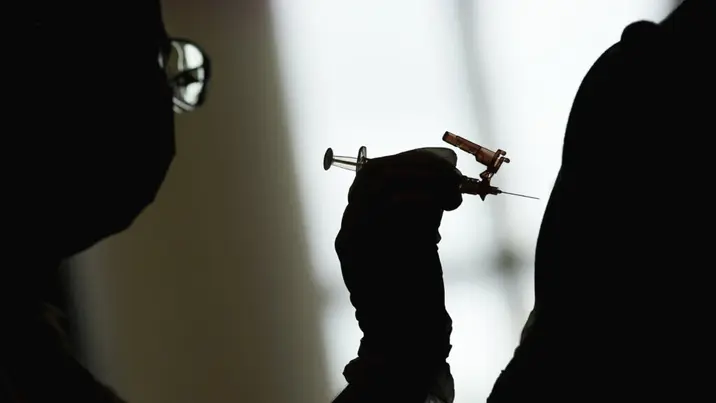
The decision to halt mRNA vaccine development raises concerns about national security and future pandemic readiness.
Kennedy mRNA funding cut raises national security concerns
Health secretary Robert F. Kennedy Jr. announced that BARDA will stop funding work on mRNA vaccines. The move follows earlier cancellations of $766 million in Moderna contracts for flu vaccines meant to speed up responses to future pandemics. Scientists warn that halting mRNA vaccine development could slow the nation’s ability to roll out vaccines quickly when a new threat emerges.
Analysts say the decision highlights broader gaps in the U.S. preparedness system, including a leadership gap at the White House Office of Pandemic Preparedness and Response Policy. A senior policy analyst notes that the shift could undermine long-term research and the ability to deploy countermeasures in time.
Key Takeaways
"We are unilaterally disarming ourselves in a period of bio threats."
Stephen Morrison, CSIS
"It’s reckless. It’s putting Americans at risk."
Stephen Morrison, CSIS
"So we are just steadily dismantling our assets, both the institutional and human capabilities that we need."
Stephen Morrison, CSIS
The move blends budget discipline with health security risk. By cutting core vaccine development, the country may save money in the short term while paying a higher bill later in a faster-moving threat landscape. It also points to a wider pattern of scaling back the infrastructure that underpins rapid crisis response.
Politically, the decision could draw criticism from health experts and investors who rely on a strong domestic life-sciences program. It may also complicate international cooperation on threat response as partners look for stable leadership and clear strategy in the U.S. approach to emerging risks.
Highlights
- We are unilaterally disarming ourselves in a period of bio threats
- This is reckless and puts Americans at risk
- Dismantling our assets weakens national security and public health
National security risk from policy shift
Ending funding for mRNA vaccine development and shrinking the national preparedness apparatus could weaken rapid response to future pandemics or bioterror threats, raising national security and public health concerns.
The path forward will test whether preparedness can survive fiscal tightening.
Enjoyed this? Let your friends know!
Related News

Trump administration cancels mRNA vaccine funding
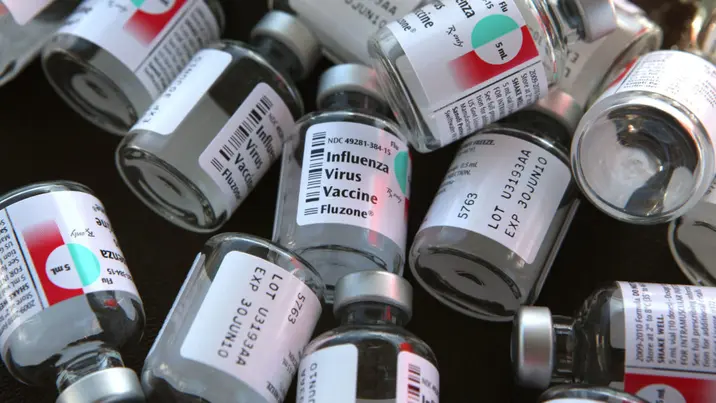
Health policy shifts raise safety and access concerns
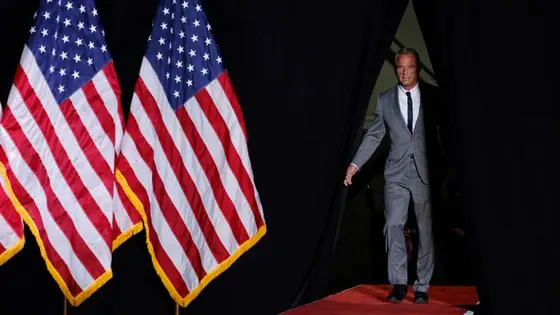
mrna vaccine funding cut
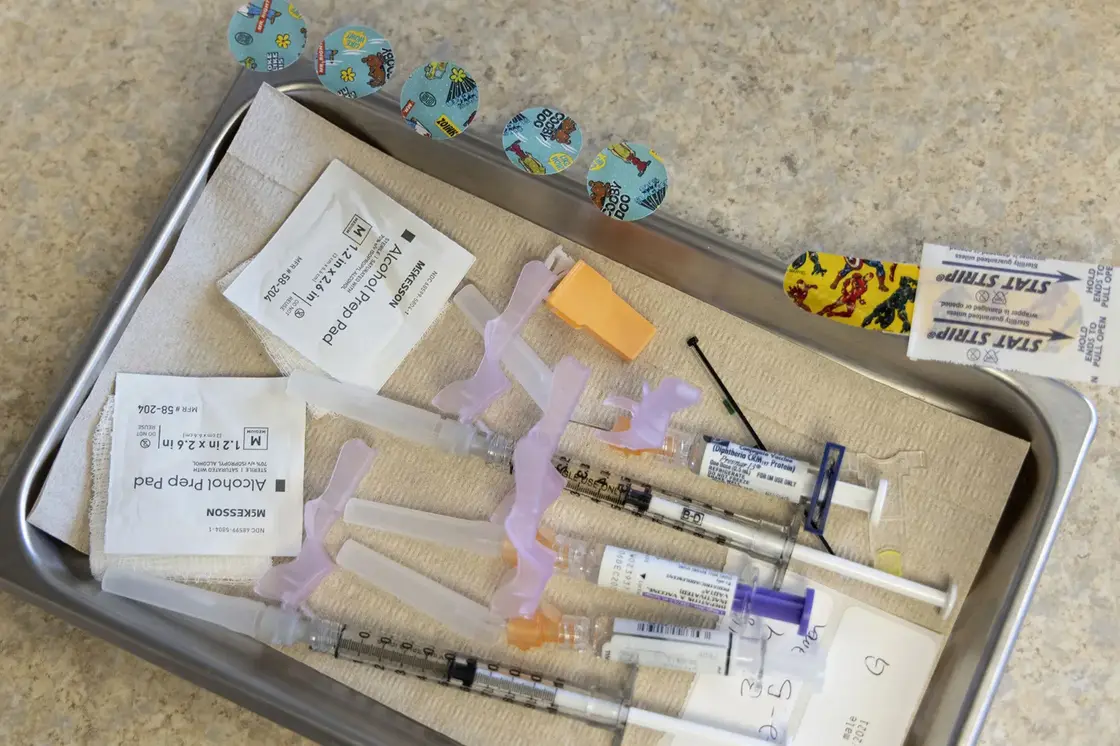
Parents rush to vaccinate children amid Medicaid concerns
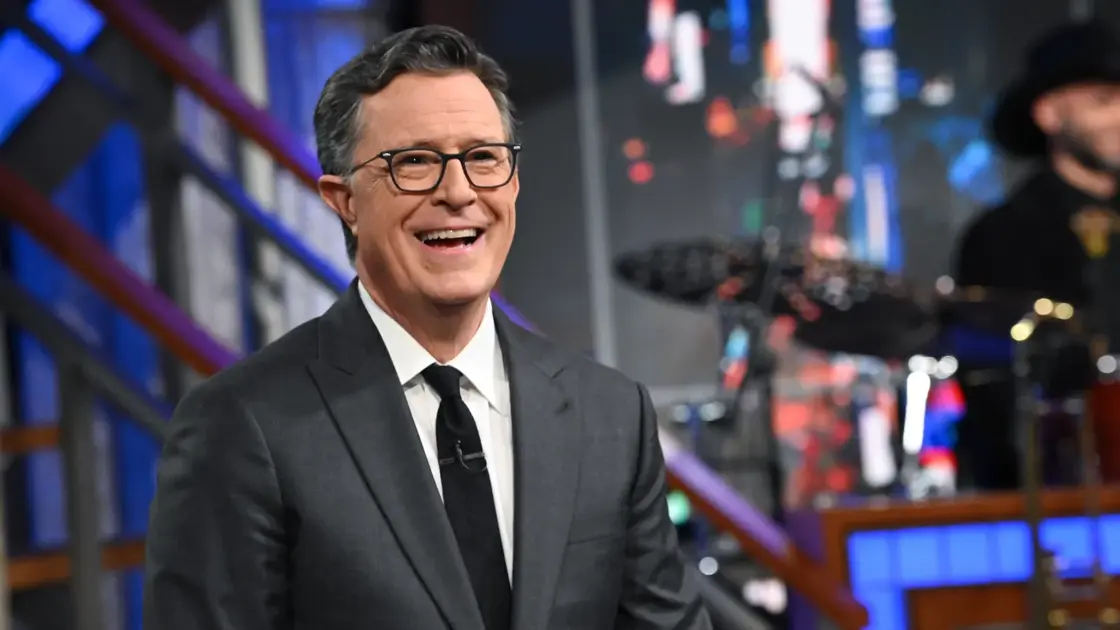
Colbert Critiques RFK Jr. Vaccine Funding Cuts
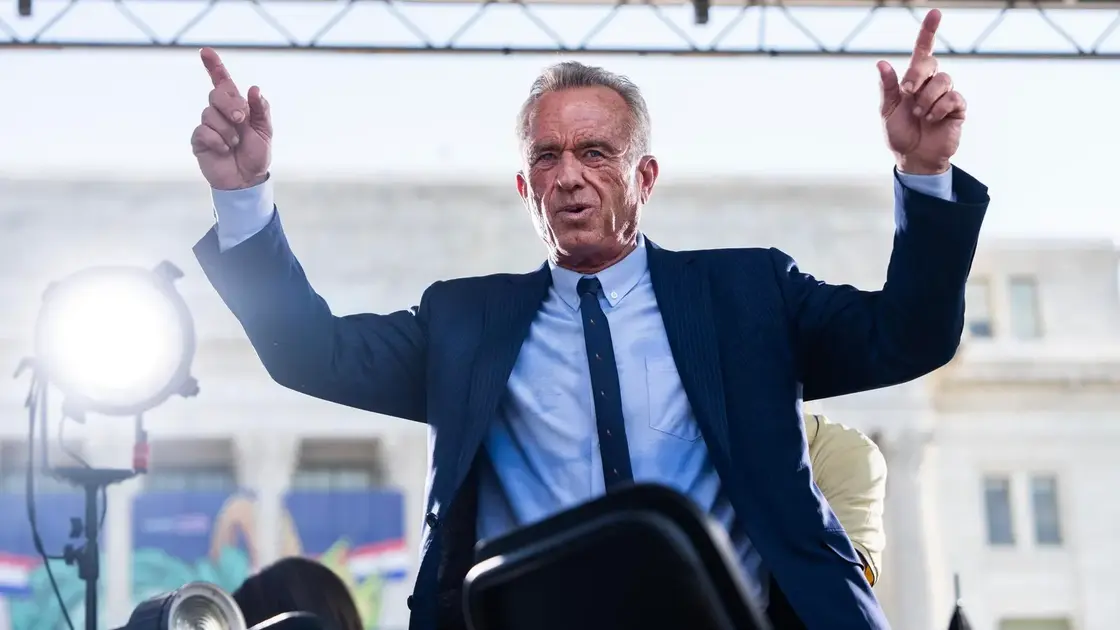
Kennedy Cancels Major mRNA Vaccine Funding
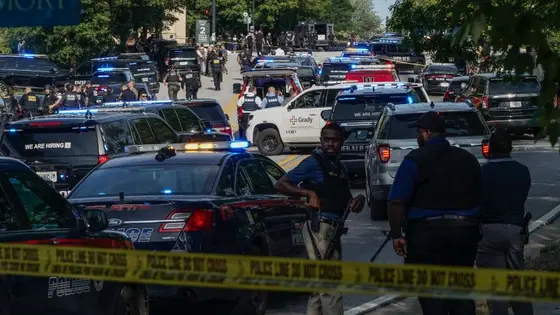
Gunfire near CDC HQ in Atlanta

Parents rush to vaccinate kids due to new health policies
